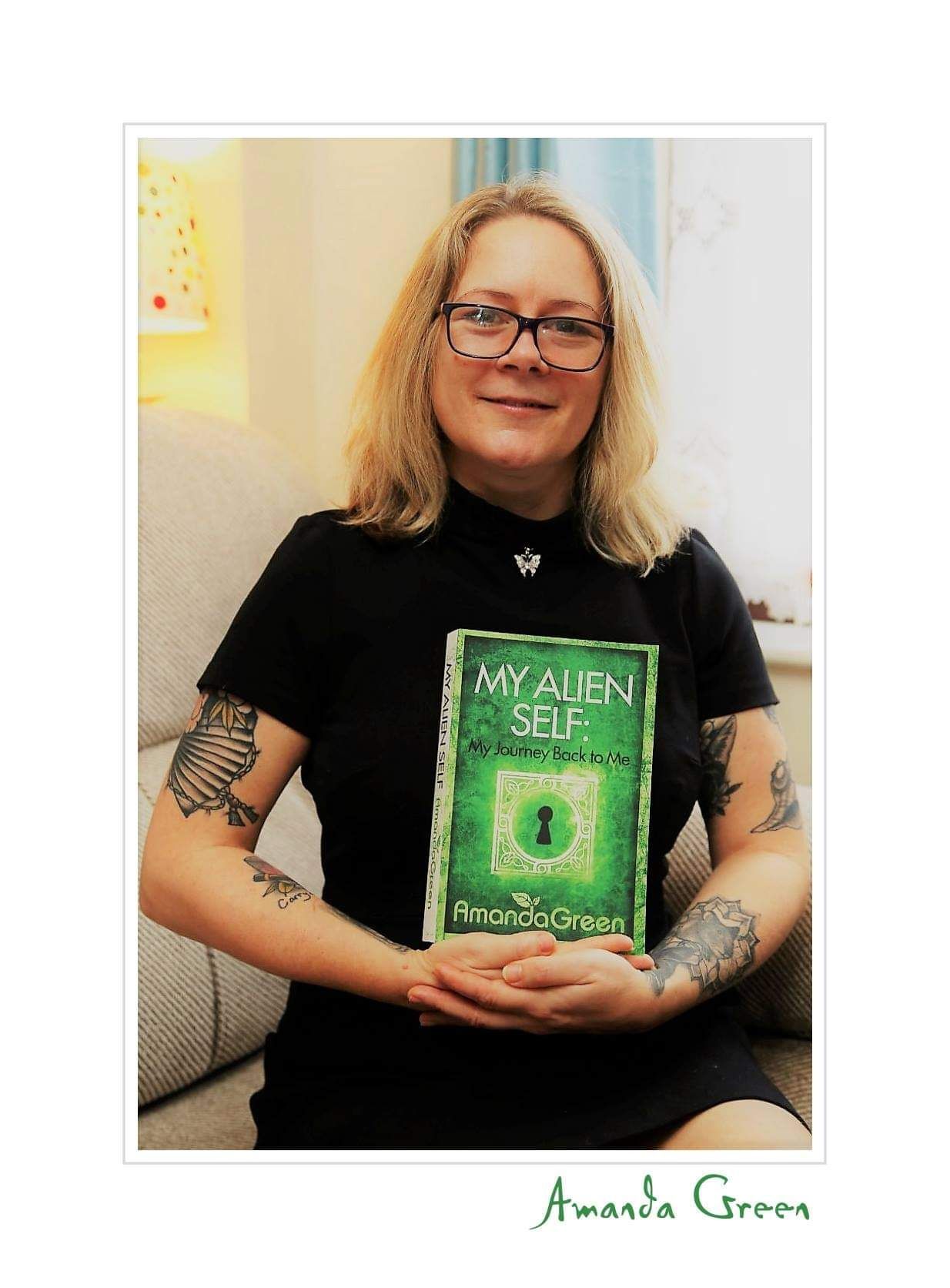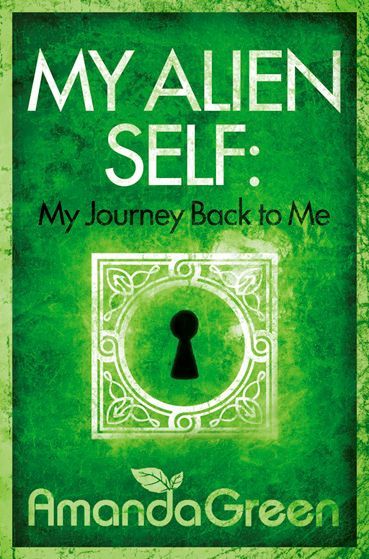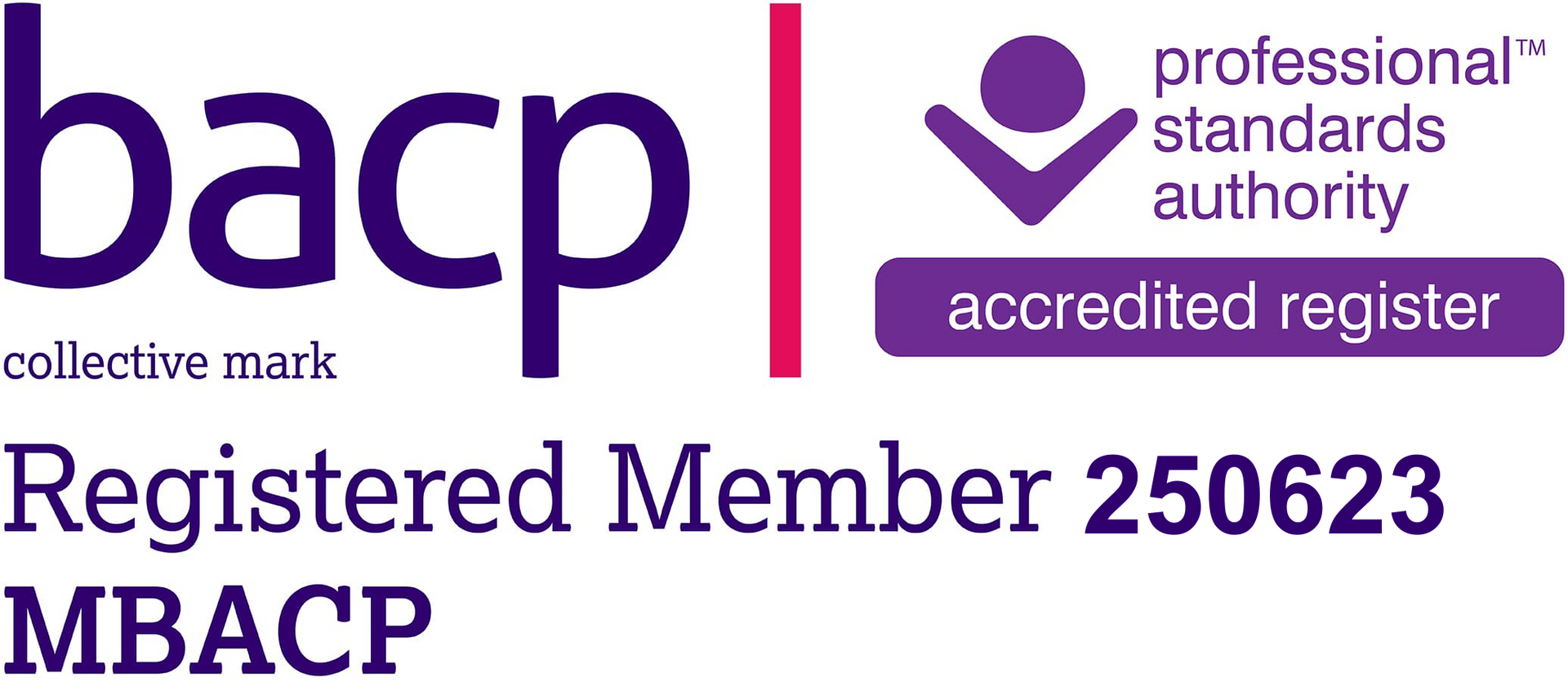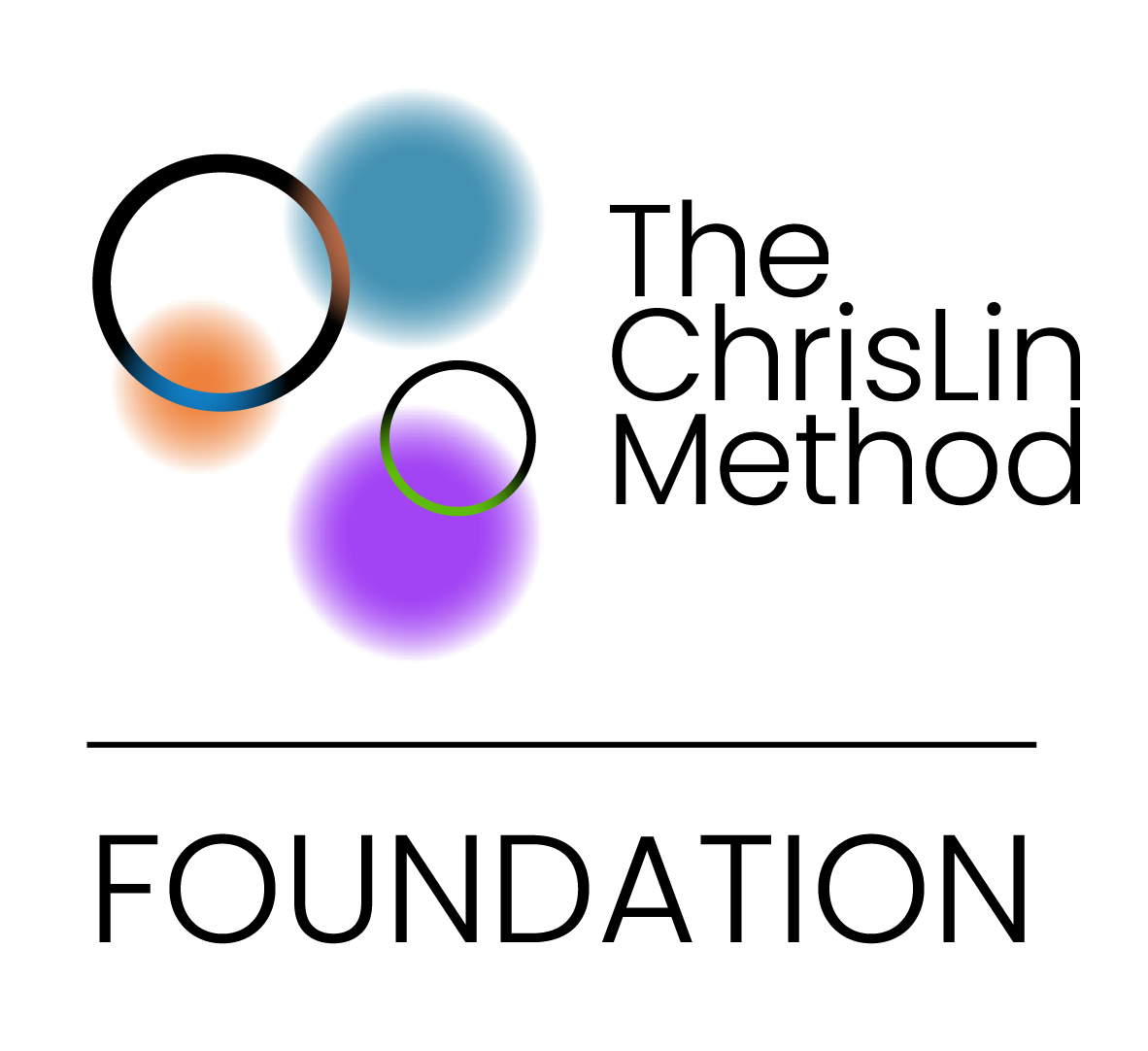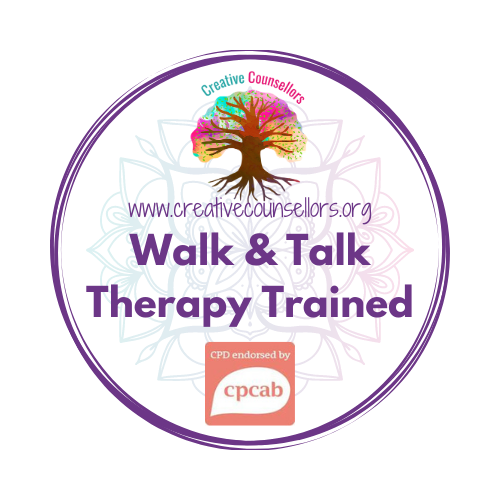Invalidation, an invalidating childhood and what it can do
Invalidation as a child can make it hard for us to acknowledge the emotions we feel
Invalidating environment – what is it?
An invalidating environment is one where the people around you don’t help you to deal with your emotions, whether they mean to or not. They may say you are wrong for feeling your emotions or punish/ignore you when you get emotional. I have had a lot of that from ex-boyfriends and also one of my brothers when I was young.
Invalidation
It may be that someone uses words or actions in doing something that upsets you repeatedly, yet indirectly.
Simply growing up in a family where everyone seems different from you can be invalidating, even if no one is telling you there is something wrong with you, you may think there is – like you are the black sheep or outsider. I know about this as well because I was surrounded by men who were older than me (Dad and three brothers) and the only female was my mother and she was mentally ill. I didn’t fit in somehow. I felt alone. I felt affected.
Abuse can be prevalent too – emotional and physical.
So, to recap, invalidation can be:
• People ignoring you when you are emotional
• Getting angry with you when you are emotional
• Dismissing you when you are emotional
• Rejecting you when you get really emotional
Being emotional can be great as it can make a person charismatic, interesting, passionate about life and feel others’ pain deeply and are often empathetic and sympathetic. People who are less emotional may not know exactly what to do with a very emotional person, especially an emotional child. It is back and forth with an invalidating environment and an emotional child/person.
The caregivers therefore are sometimes unable to deal with it and say ‘get on with it’ as they don’t know what to do even if they do care.
So if you are told not to feel something, then you may feel it worse, get defensive or feel out of control, becoming even more emotional than you were before. Then the caregivers may feel even less able to deal with it and feel out of control themselves, upset or angry.
One amplifies the other. When this happens repeatedly, emotionally vulnerable people may find it even harder to manage their emotions and may become afraid of their emotions and find them intolerable. This can lead to the spiral of wanting to self harm or worse.
One should feel validated with ones feelings, not to be told they are wrong in how they feel. It isn’t about emotions being wrong; it is about trying to understand what those feelings are and why a person might be feeling that way. Empathy is very important, and without it, invalidation occurs.
In short, if we grow up as a child without having our emotions validated by our caregivers, how are we supposed to know what an emotion is and how to deal with it? If we got sad when a friend moved away when we were six years old, and our caregiver said ‘Oh come on stop crying, you will make new friends’ it doesn’t teach us anything about that emotion we were feeling (in this case, sadness at the absence of our friend). So, next time we feel sad, we might dismiss it, hide it from our caregivers or turn it into a different emotion outwardly. We may feel weak for being sad since our caregiver didn’t help us to understand it before, they made us feel like it was wrong to feel sad, or silly. If we were told off for being sad, and were punished say, then maybe we would learn that when sadness comes on we should be hurt because the emotion is bad. So we might punish ourselves for the sadness – what a terrible scenario!
There are so many ways a person can invalidate, sometimes it might be on purpose, other times the person didn’t mean to, but it all results in the same – invalidation of a child’s emotions leading to a misunderstanding of what their emotions mean and how to deal with them. But, often the invalidation isn’t just in the childhood as many people invalidate others as adults as well, which just continues the momentum of misunderstanding ones emotions.
I have had therapies where the therapist was ‘on my side’ and validated my feelings, but they didn’t understand how ill I was – maybe because they couldn’t see it and maybe because I didn’t show them how mucked up I felt inside.
But I could also see how I allowed ex-boyfriends and friends to invalidate me when older, telling me that I was over emotional, that they couldn’t understand why I felt the way or reacted the way I did, or just ignored me when I was emotional instead of trying to understand me. When I realised the whole scenario of invalidation and how it has affected me in a negative way, I could understand that I needed to get into a relationship where my partner understood me and helped me to be well and to dismiss the invalidating relationships which were destructive to me.
What is important here is to surround yourself with validating people if you can, but most of all to use good self-care and self worth to ensure you validate yourself, and take time to notice how you feel, what you need and what you want.
If you would like therapy for anxiety but cannot access it, I have devised and filmed a 14 session programme for overcoming anxiety - please see my page for more details by clicking HERE
